Inside ‘An Ethereum Story’: Filming Vitalik Buterin, Crypto’s Most Reluctant Star
A new documentary explores Buterin’s life, including his early days building Ethereum in Canada.

Vitalik Buterin, the original creator of the Ethereum blockchain, is one of the most recognizable figures of the cryptocurrency industry. He’s often admired in the ecosystem for being highly technical while also deeply philosophical about technology's role in society. For those that do not follow crypto closely, Buterin starkly contrasts the stereotypical image of a flashy cryptocurrency billionaire with his minimalism in his personal style as well as his geeky and awkward mannerisms.
The documentary “Vitalik: An Ethereum Story,” which is set for global release April 15, tries to give us a peek into those aspects of Buterin, following his early life and childhood in Russia followed by immigrating with his family to Toronto, Canada, where his love for computers and technology began in his high school years.
At the core of Buterin’s life was the creation of Ethereum, which came after his early involvement in Toronto’s Bitcoin community, where he saw the potential of the asset in giving people some financial freedom. While thinking how he could apply those concepts to other aspects of life, Buterin set out to write a whitepaper on creating the blockchain version of the internet.
Toronto has strong ties to Ethereum’s early days. It was home to some of the first Ethereum developer hackathons and meetups organized by Ethereum’s Canadian co-founders in the city.
This year, CoinDesk’s Consensus 2025 takes place in Toronto May 14-16, highlighting Canada’s vibrant crypto community.
The film walks through the various stages of Ethereum’s lifetime, including the start of the network and the struggles Buterin faced in his new leadership role, the boom of the blockchain during the NFT era, the importance of the Merge in reducing Ethereum’s energy consumption, and Buterin’s urge to help Ukraine in its war with Russia by deploying crypto for resources.
CoinDesk sat down with the producers of the documentary, Chris Temple and Zach Ingrasci, to hear about their perspectives on creating the film, ahead of its global release.
This interview has been edited for brevity and clarity.
CoinDesk: Why did you want to make a documentary about Ethereum?
Zach Ingrasci [ZI]: So Chris and I have been making documentaries together for 15 years now. We make character driven documentaries. So I really love those human stories that give us insight into the emotions and motivations of people in really interesting places.
We aren't crypto experts. We both studied economics, so we have a bit of understanding of finance. But when we met Vitalik in 2021 I think he immediately clicked something in our brains like: “oh, here's a story that kind of breaks the stereotypes that mainstream audiences have of this space.”
Quickly after meeting Vitalik, we did an NFT crowdfund for the film on mirror.xyz, peoplepleaser did the NFT. We raised basically the full budget of the film, and it allowed us to create this independent story and approach to follow Vitalik around the world, as, he lives out of a 40 liter backpack
How did you guys decide what parts of Ethereum’s history to include in Vitalik’s story? One noticeable moment I thought was interesting that you left out was not to include the 2016 DAO hack? Why exclude that key moment in Ethereum’s history but leave in other moments?
ZI: This is the challenge of making these films. We had a very broad mandate, following the community, not just focused on Vitalik. And then after two years of filming, we realized that the kind of narrative structure would only make sense if you were able to follow one person and then get to meet the community through his eyes.
The DAO hack is very confusing to explain, and so there's an element of just what at its essence is important. And I think, you know, the moment for Vitalik to decide whether the Ethereum Foundation would be nonprofit versus for profit is a very understandable concept for a mainstream audience. They get it.
As you mentioned, there was the premiere a few months ago, and it was only accessible to people on-chain. If the movie is aimed for a mainstream audience, why first decide to release it on-chain, instead of a streaming platform where more of those folks can access it?
ZI: It’s a practical answer. The documentary industry is broken, so to have an independent film premiere on a mainstream platform doesn't even mean anything, unless you have real marketing. And so actually, the on-chain release, the NFT, the trailer release on Zora, building sponsorship for this mainstream release is critical.
Chris Temple [CT]: People love the film, and have rallied behind it and been interested and been sharing it with their moms, being like: “Hey, this is what I do for a living.”
This isn't just our film, this film belongs to the community. And I think empowering people with it at that first step, and using the technology that the film was all about felt very right to us.
How did you convince Vitalik to do the film? He’s not very rerceptive to the media so how did you get him to agree to do it?
ZI: I think we got really lucky in some ways. This was before he was on the front page of TIME magazine. I think he was motivated to speak up about what he believed the future of Ethereum should look like, and how to build it, and people should focus on building things that have real world value.
So I think we just happened to meet him at the perfect moment when he and the people around him were looking to have access to broader audiences.
I think ultimately, that's what makes for us Vitalik the perfect participant of a film, because his reluctance to be in that spotlight, that genuine authenticity. You can tell on the film that he's not trying to hog the spotlight. This is something that he's uncomfortable with, and something that's taken a long journey for him to even find where his voice is and how it should be.
CT: It was a very challenging production, more than any film we've ever made, because Vitalik is nomadic, he’s all over the world, and he says, “I'm going to be tomorrow in Montenegro…If you want to come.” We have to immediately try to scramble and get everybody there just to get those moments, even if it's just a couple of hours with Vitalik.
Recently, there’s been a bunch of leadership changes at the EF, and Vitalik has been at the core of making the decision on those changes. The movie shows how uncomfortable Vitalik can be in stepping into that leadership role and having to make core decisions like whether the EF should be a non-profit vs for-profit organization and going against some co-founders.
Given all the key decisions he’s had to make over the past few months and a key leader in Ethereum, what do you think went through his mind, and has he become more comfortable in his leadership role?
ZI: I really can't speak for Vitalik, but I do think that's why this film has never been more relevant. Because if we are looking for insight into how Vitalik thinks and what he cares about, I think the thing he cares most about is that Ethereum will be useful in the world.
There's an important quote in the film about “if Ethereum is only used for speculation, that's a huge missed opportunity.” So it's not surprising that Vitalik didn’t go to the White House [to meet with President Trump]. Vitalik cares about how this tool will be used in the long term for real, positive change in the world. He is uncomfortable with conflict, we know that, we see that in the film. So I can't imagine this has been an easy process for him.
But you can definitely tell that he's begun to understand how to use his voice in this ecosystem and use his kind of soft power. Read more: Ethereum Foundation Picks New Co-Executive Directors, Following Leadership Reshuffle
What was filming in Ukraine during the start of the Russian invasion like? And why does Vitalik feel so connected to that cause?
ZI: We have some experience filming on the borders of war zones. Luckily, at that time Kiev was relatively safe.
It really was Vitalik's idea, he always wanted to support the hackers there. Vitalik just felt like he could be there to support them, and it's something he cares so deeply about for two reasons: 1) he actually has Ukrainian ancestry, and 2) coming from Russia, I think he regrets having met with Putin.
Then there’s also just really one of the first concrete examples of real positive impact in the world, of how crypto is being used when the banking system was in chaos, and so quickly got money to the front lines.
There's a deleted scene where he's playing chess with Fedorov, the Deputy Prime Minister of Ukraine. But you know, Fedorov was talking about how 1000s of their military were saved because of that $100 million Vitalik raised in crypto was quickly mobilized.
What are you hoping that your audience takes away from this film?
CT: Documentaries are bad at information, but they're great at provoking questions and getting emotions. If we can inspire an audience to be more savvy and think more critically about technology, not just in these extremes of it's all bad or it's all good, but to understand a bit of that spectrum along the middle there, and look at both the positive and negative consequences of technology.
I think that kind of techno optimism is the core of what this film is really about. Helping anybody apply those lessons, whether it's within crypto, within AI, because technology is just going to continue to shift and impact our lives.
The movie is about Vitalik as a person but also a bit about Ethereum’s history. So is Vitalik = Ethereum?
ZI: I don't think he is, and I think that's what he hoped for at this point. I hope that comes across in the film, and that's why we called it an Ethereum story, because I think it’s one of many that gets told. I think that's where Vitalik has been successful because he is not Ethereum.
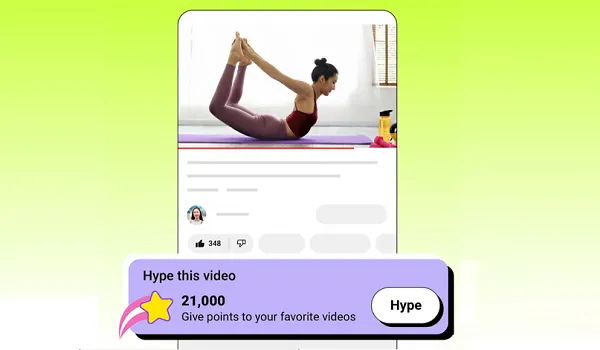
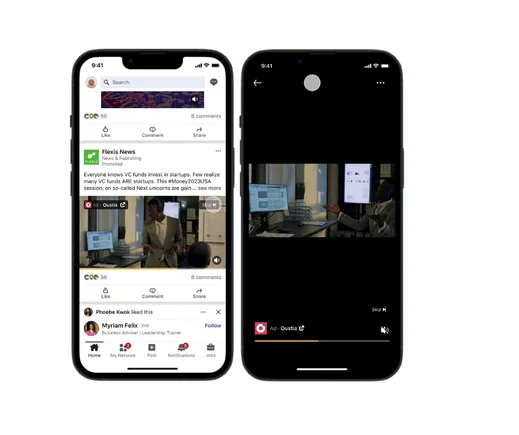
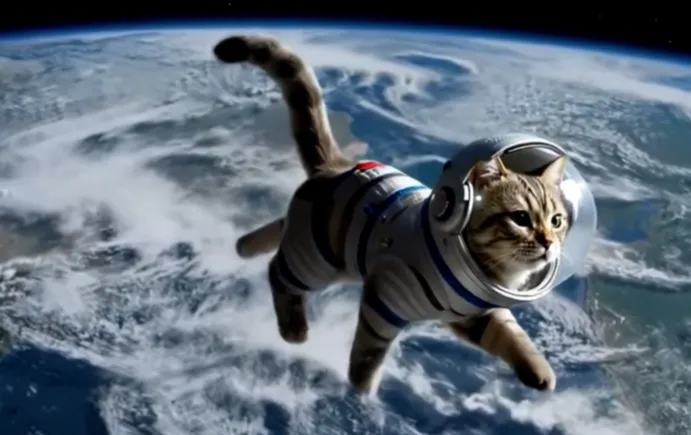


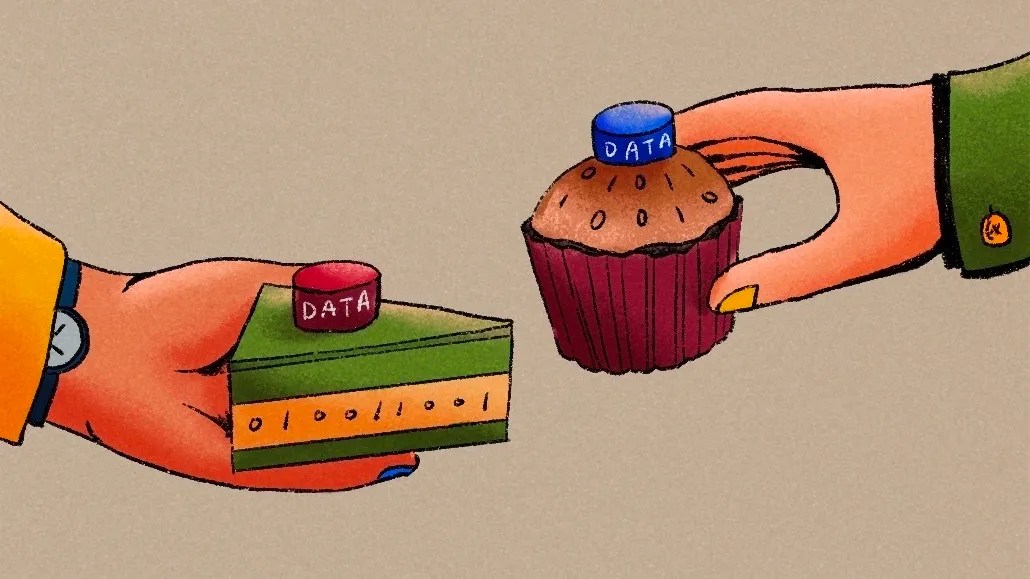




















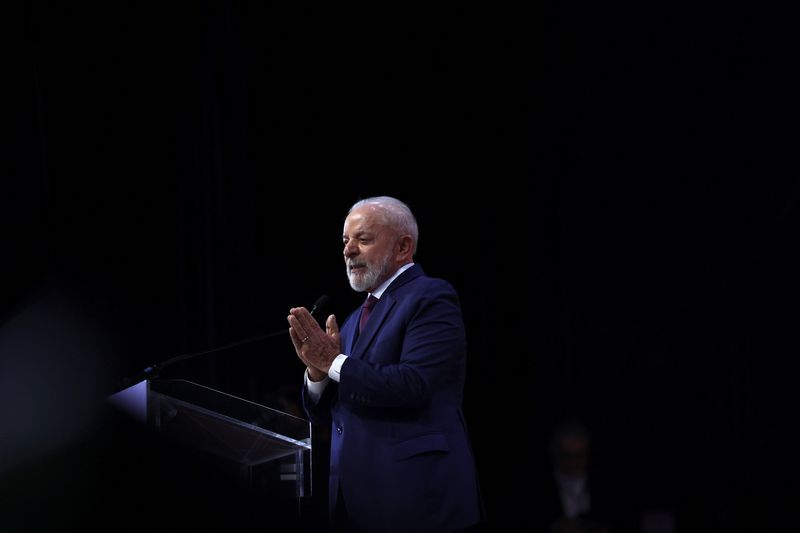






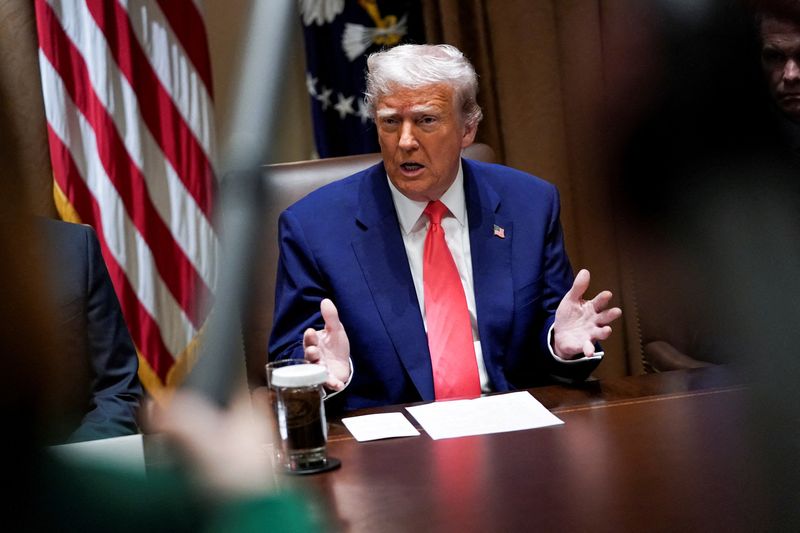







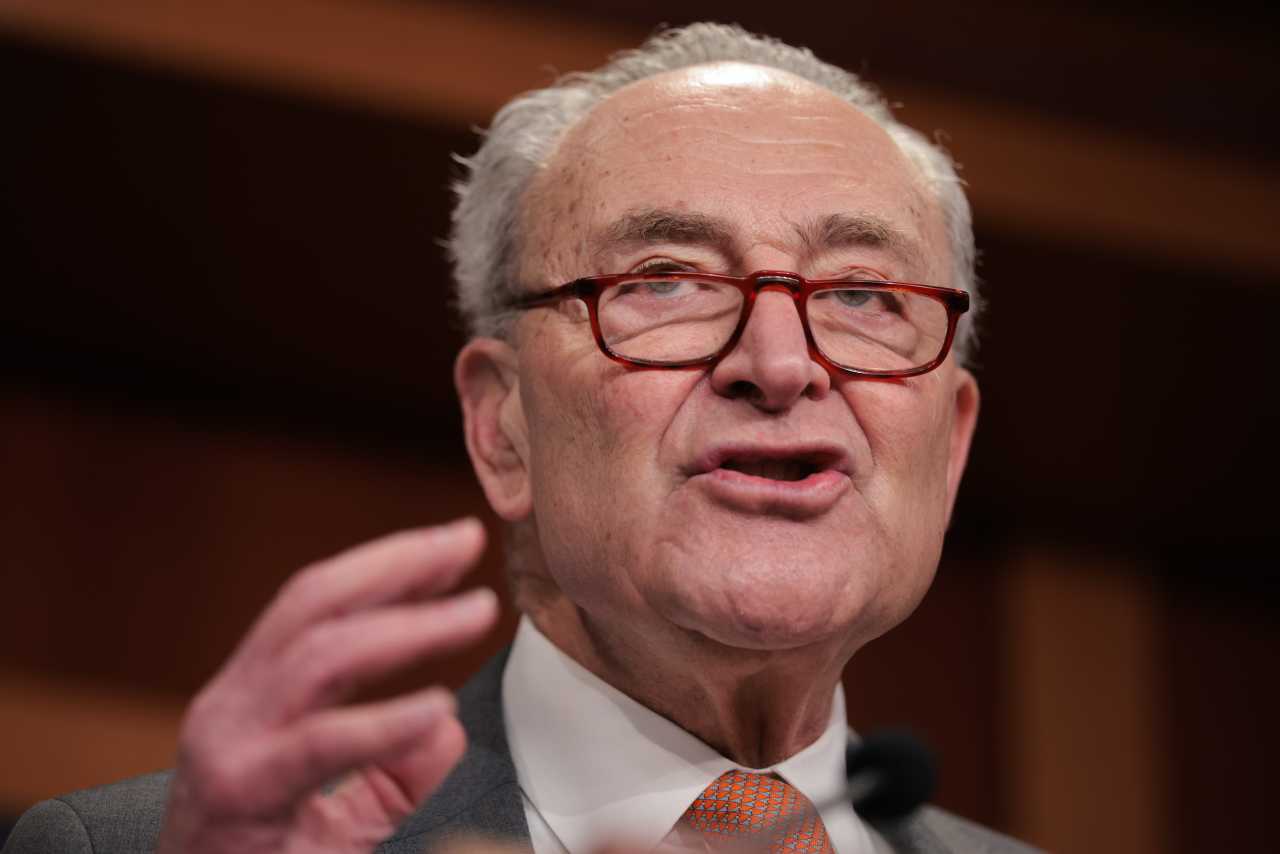

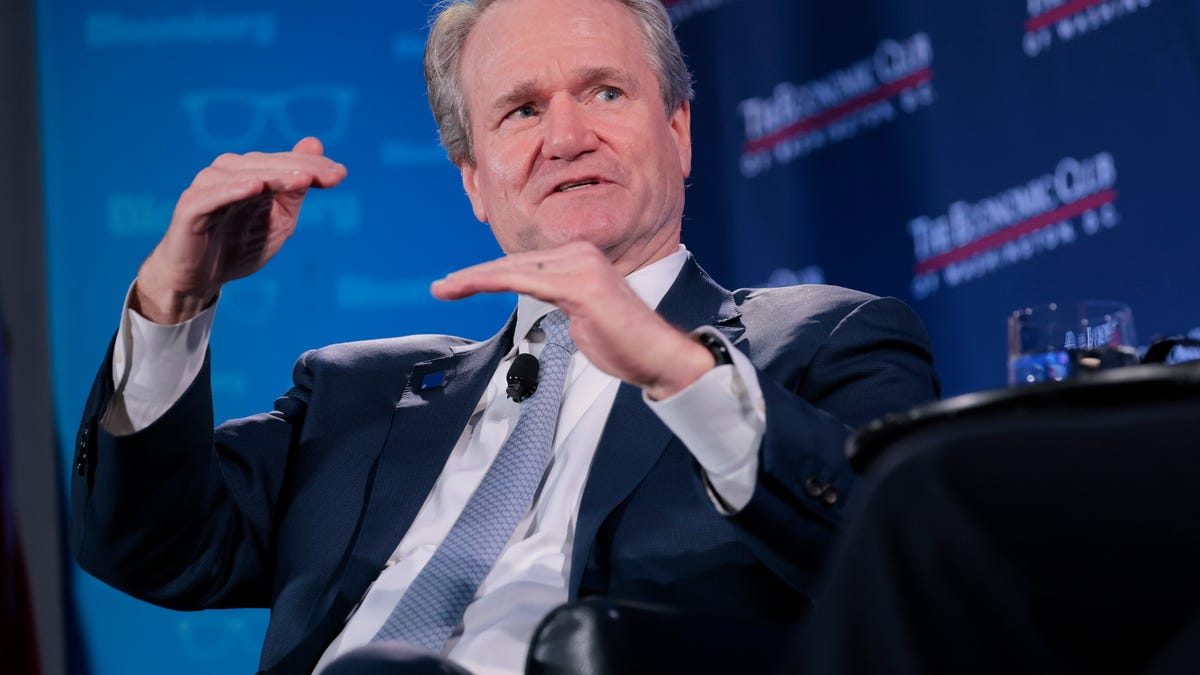
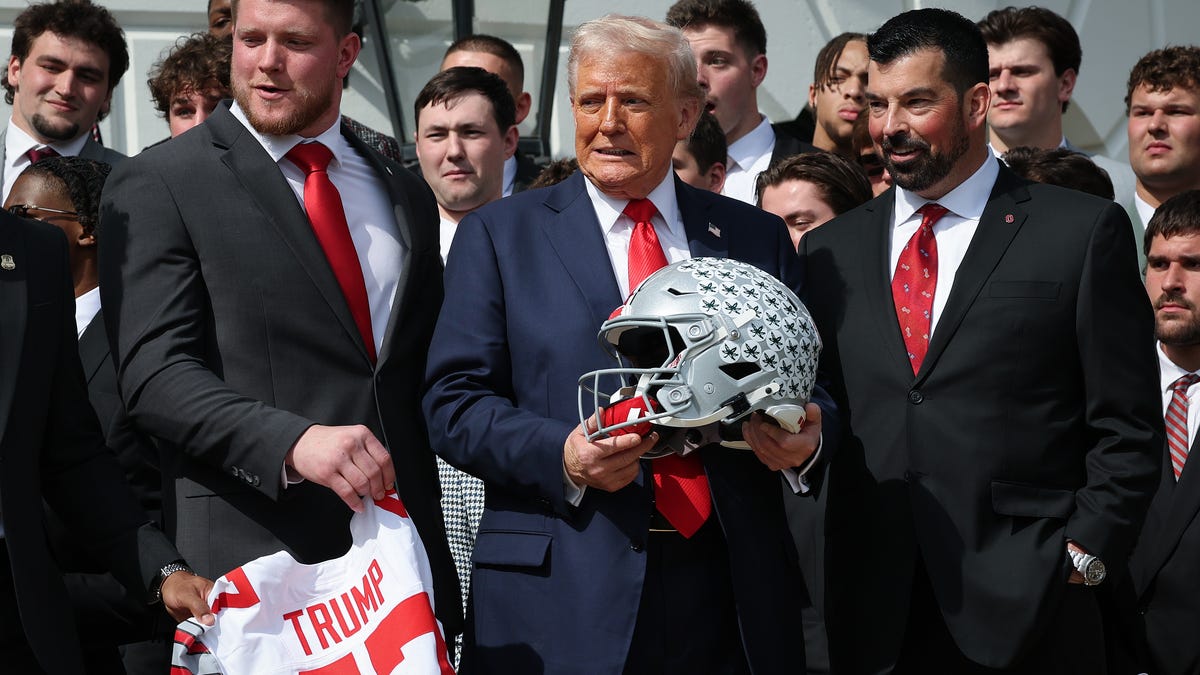
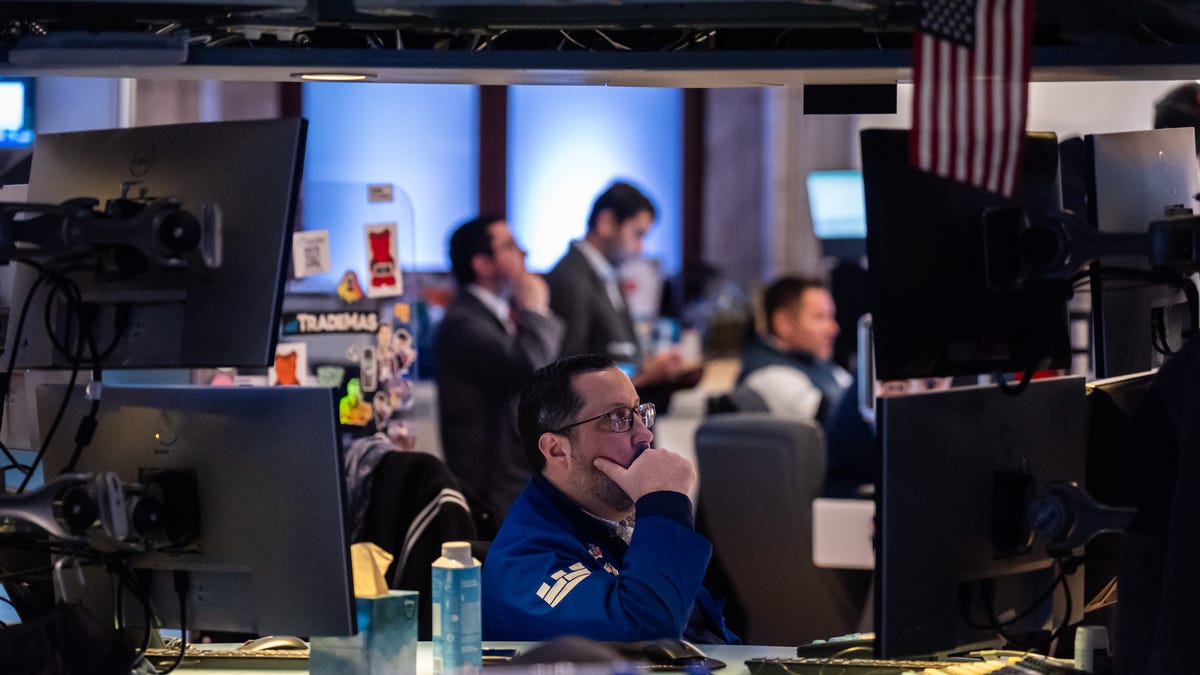
































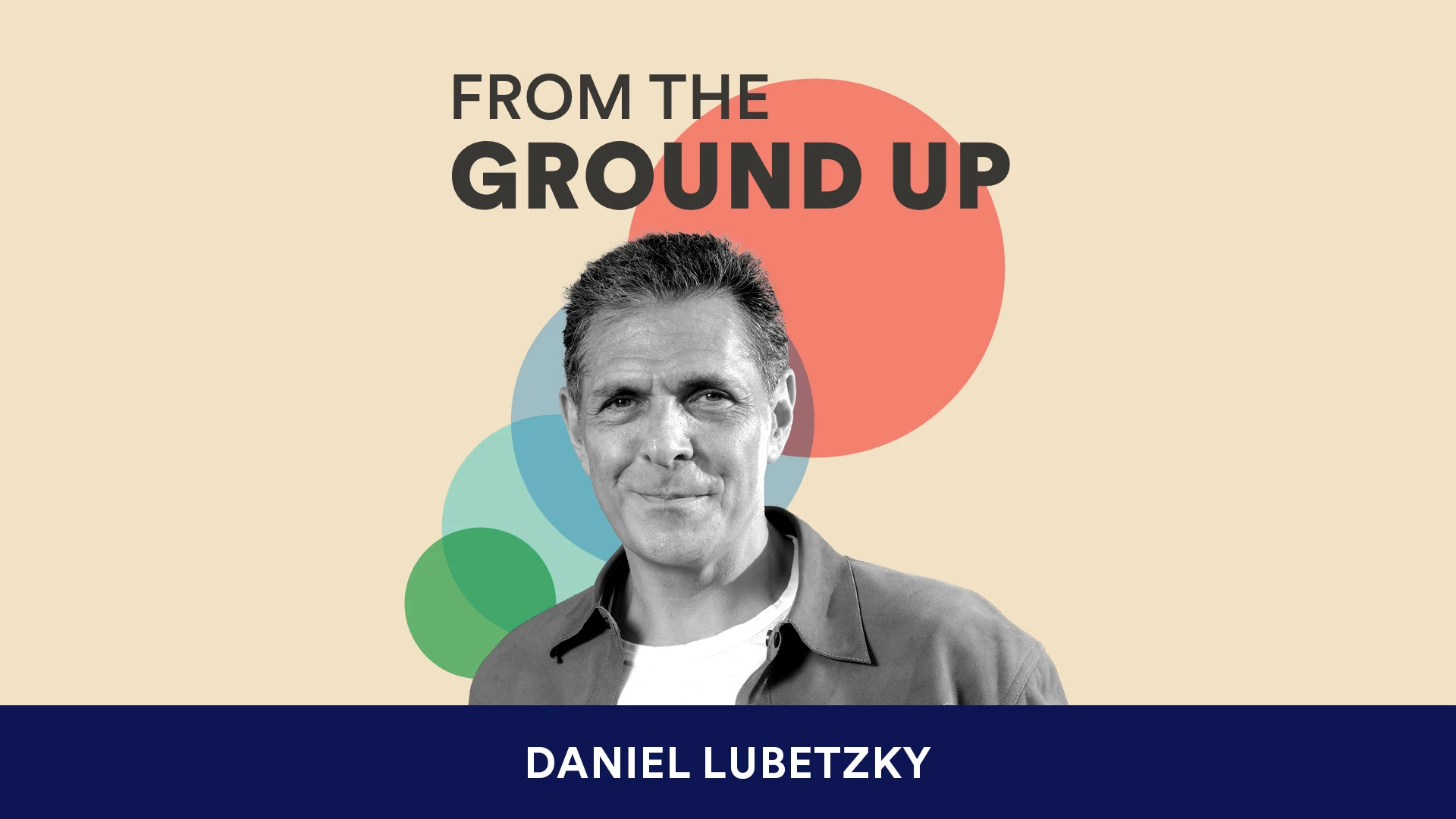








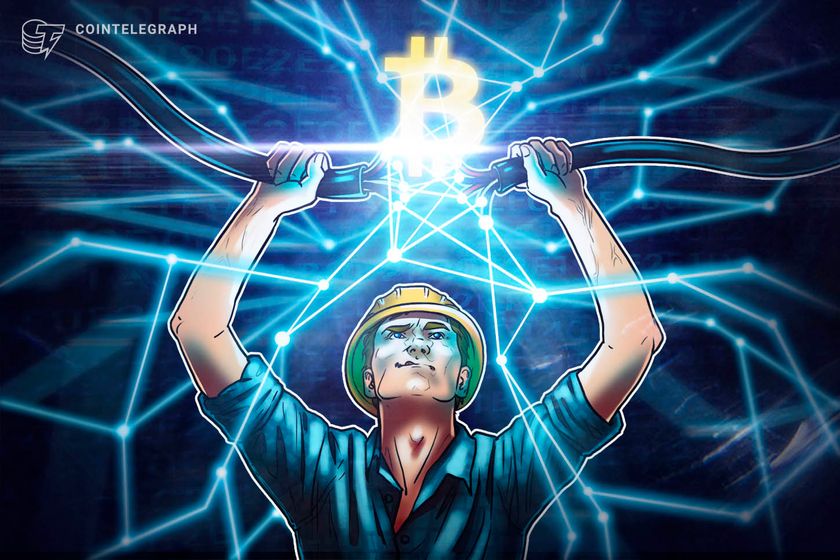



























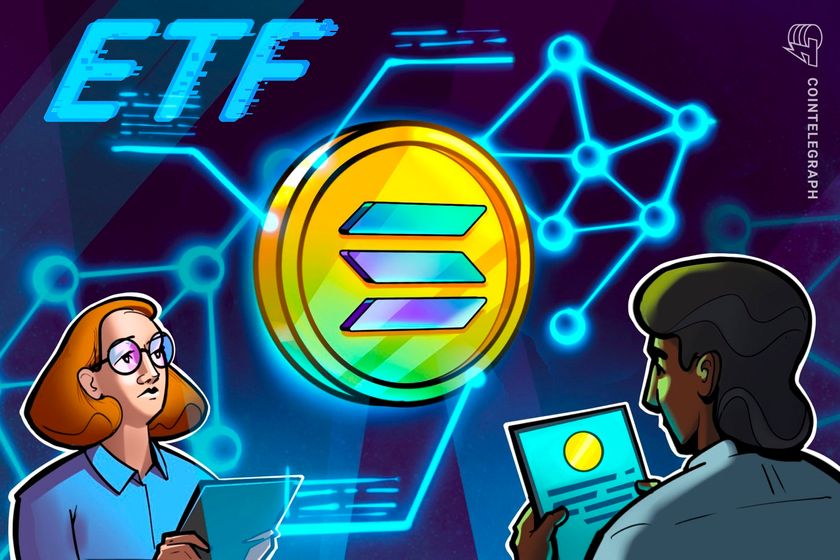
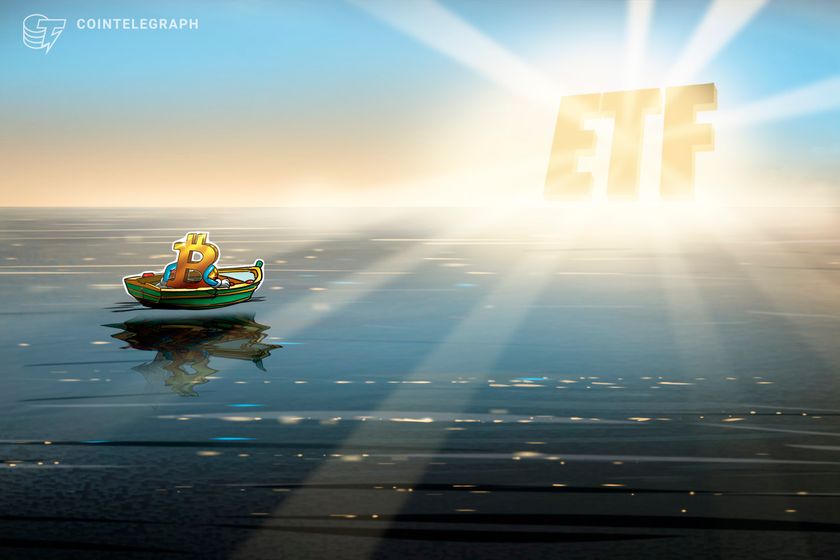
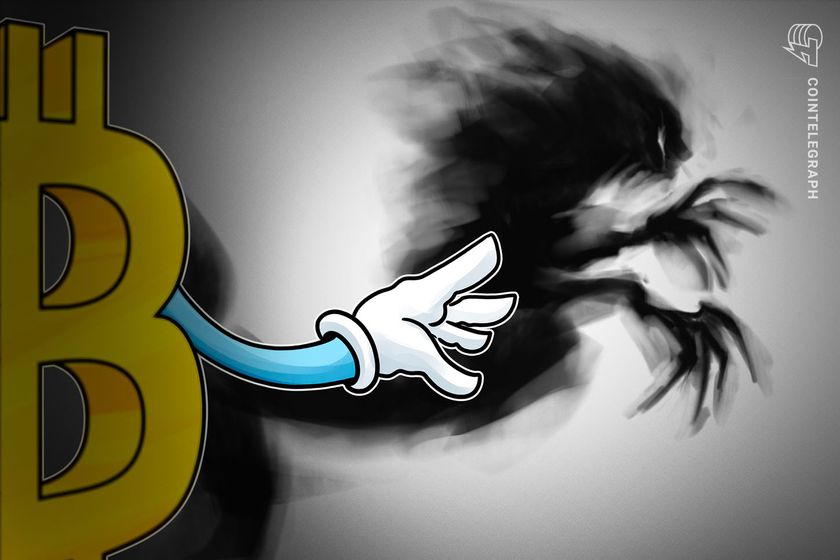
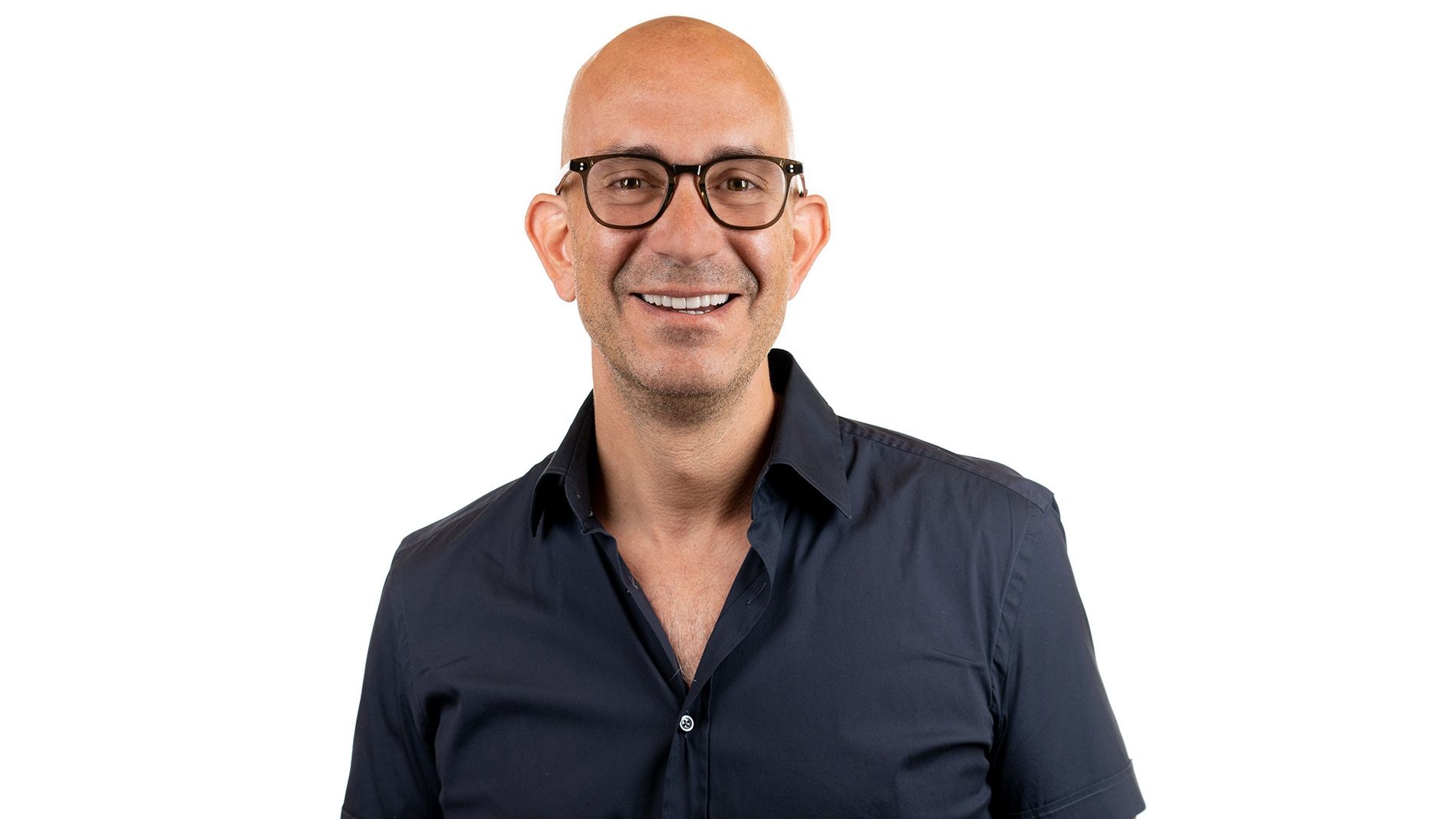


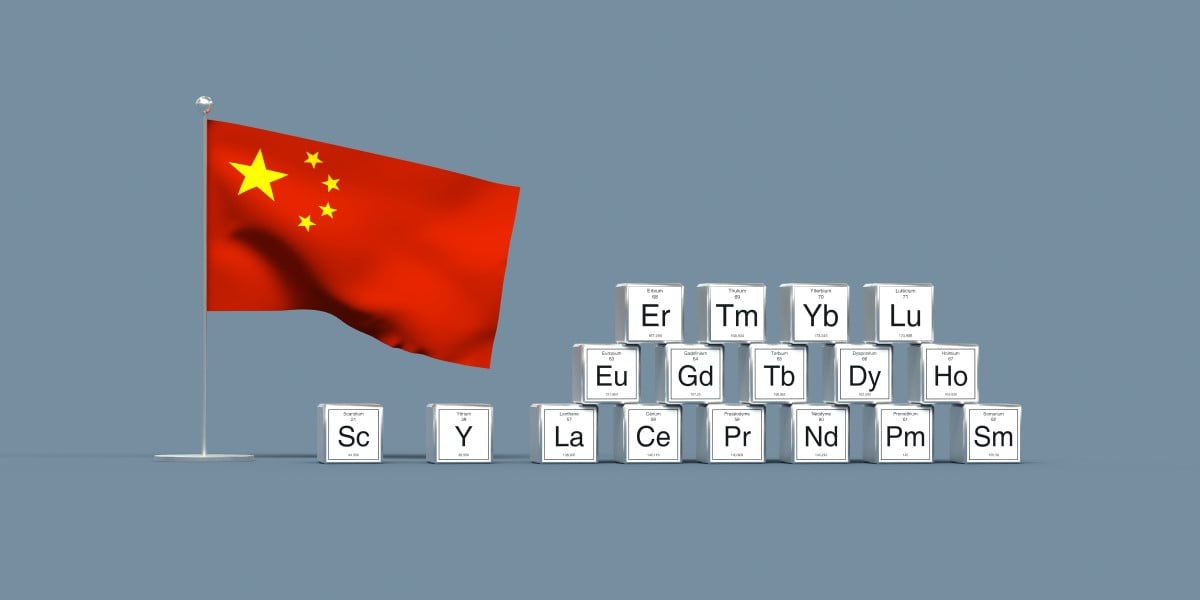




















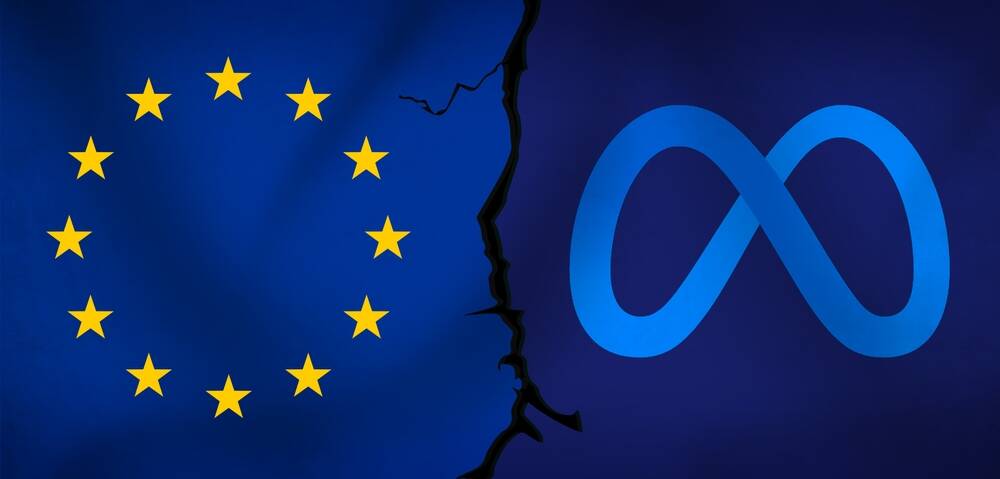






































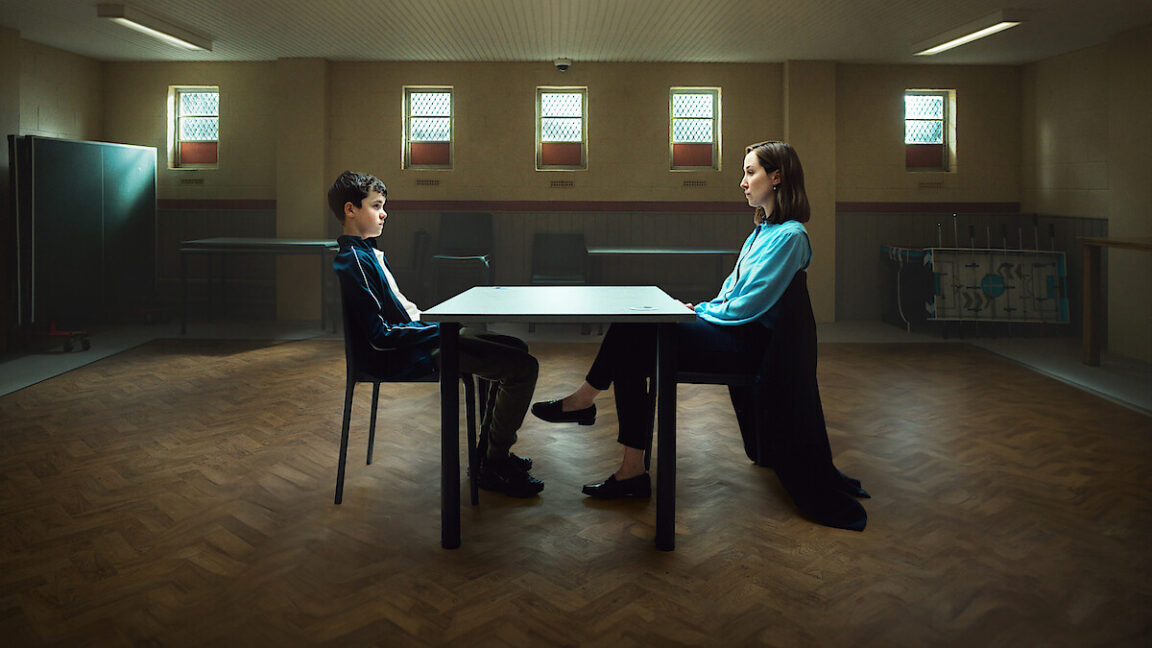




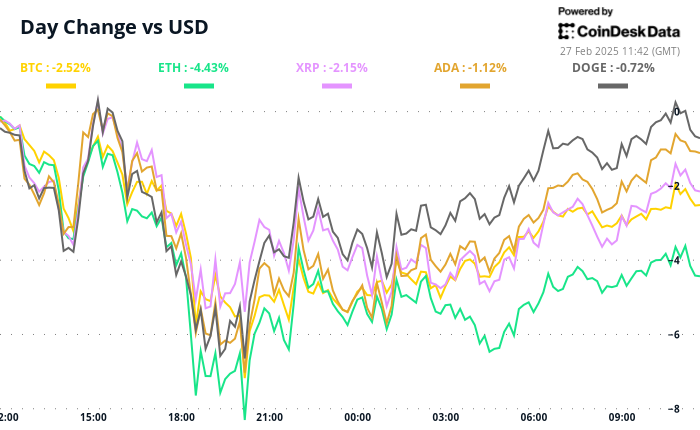

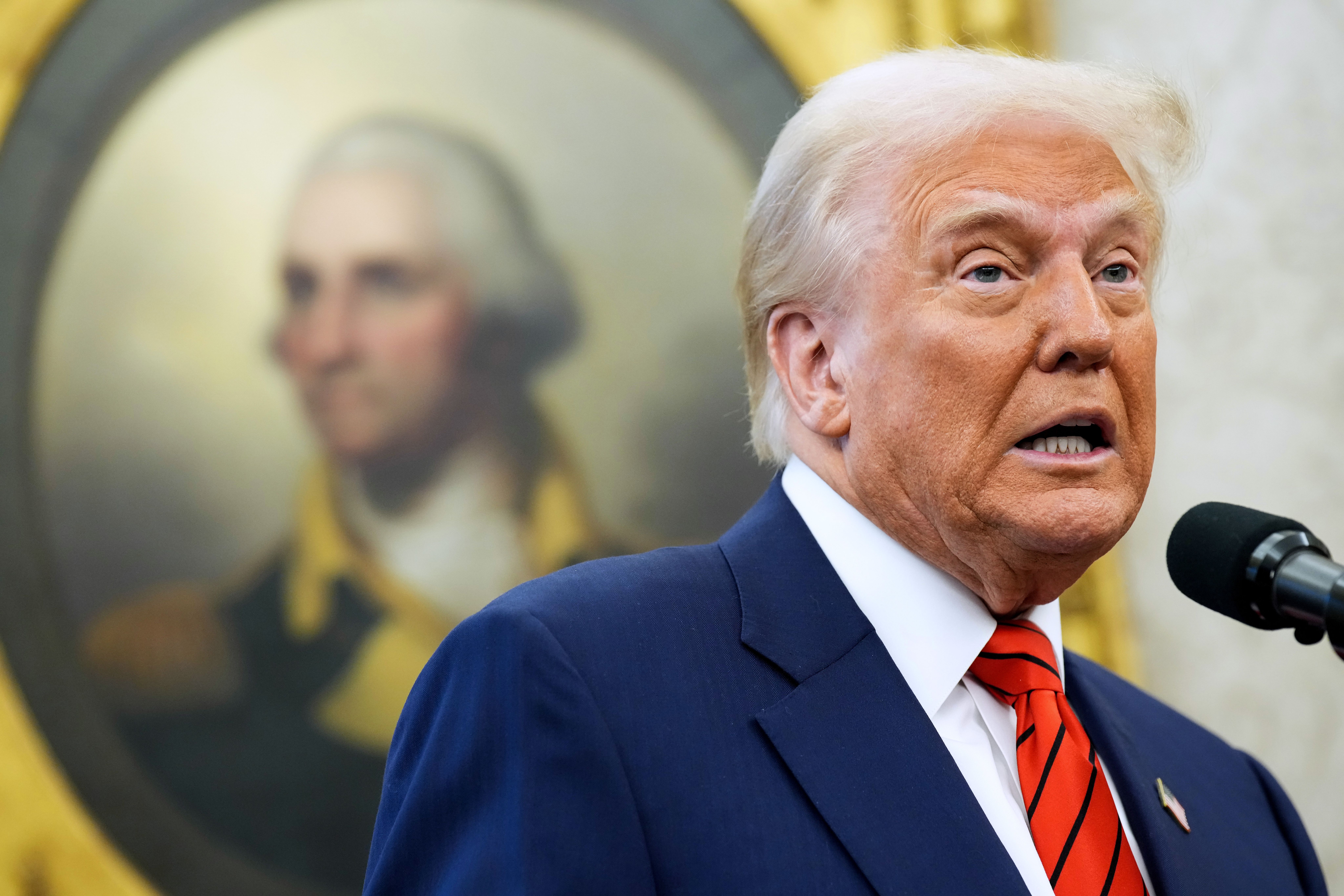
![How to Find Low-Competition Keywords with Semrush [Super Easy]](https://static.semrush.com/blog/uploads/media/73/62/7362f16fb9e460b6d58ccc09b4a048b6/how-to-find-low-competition-keywords-sm.png)



